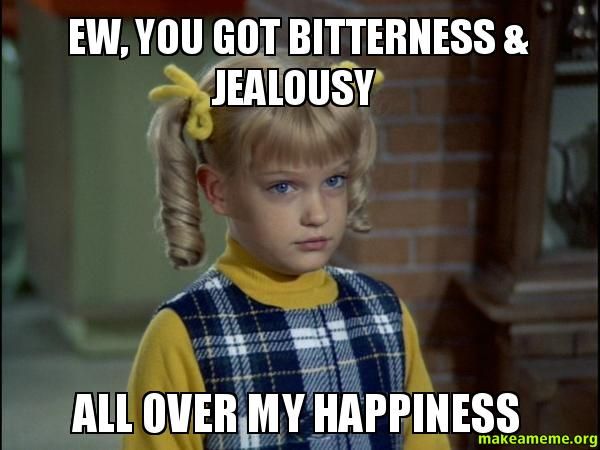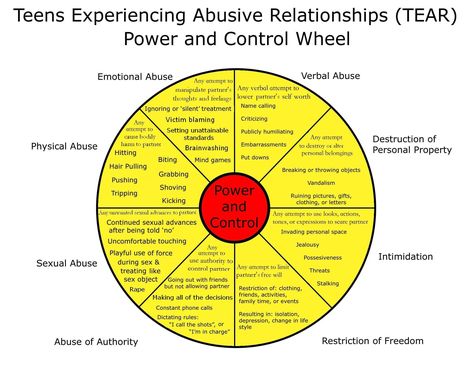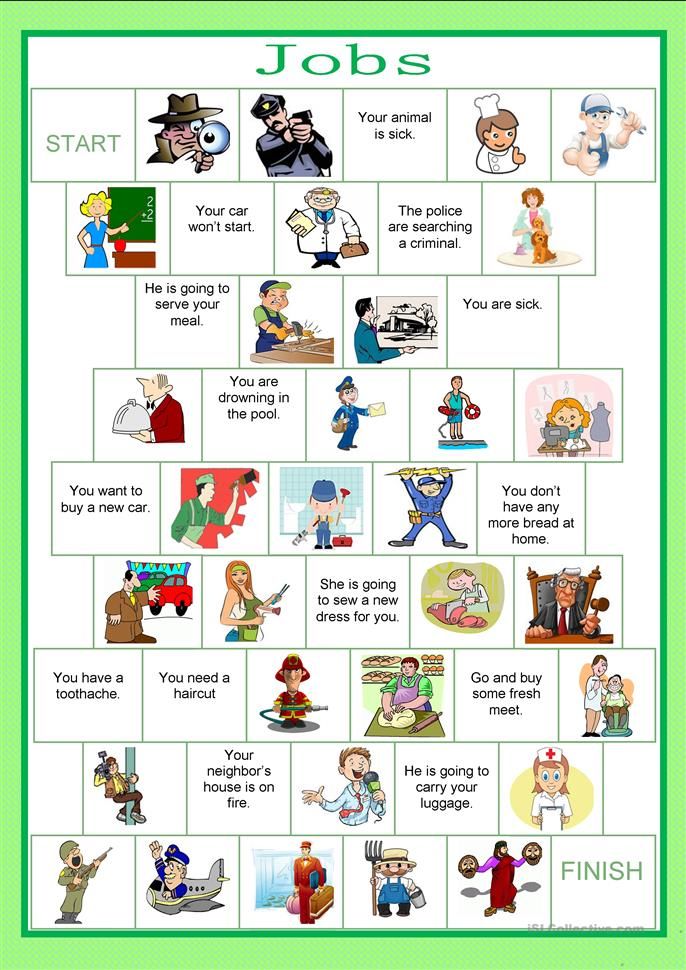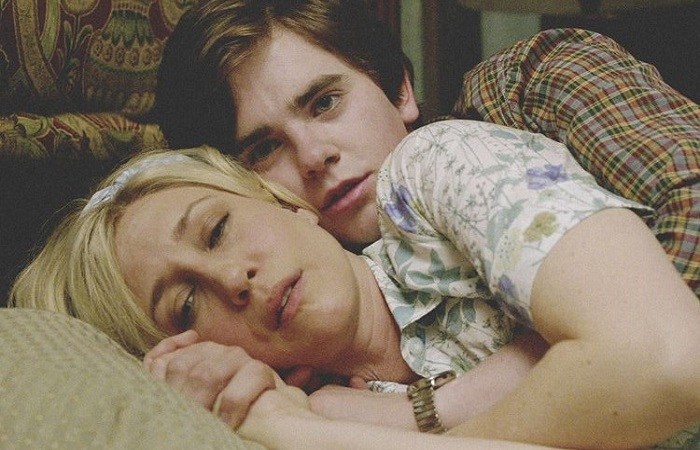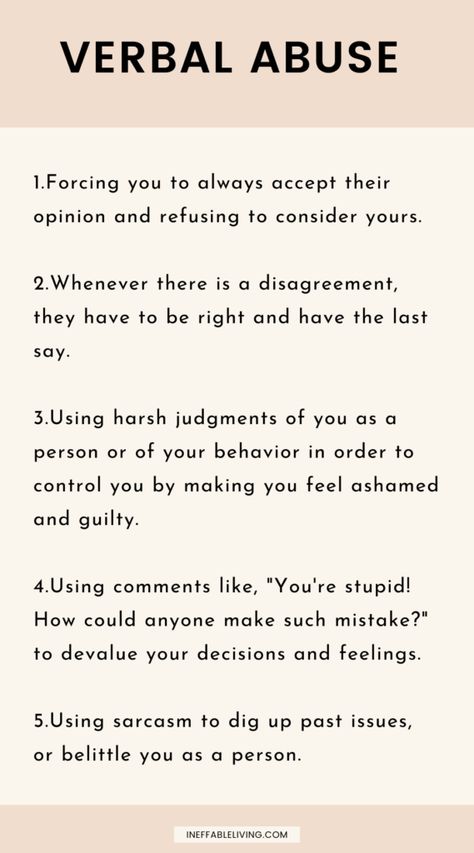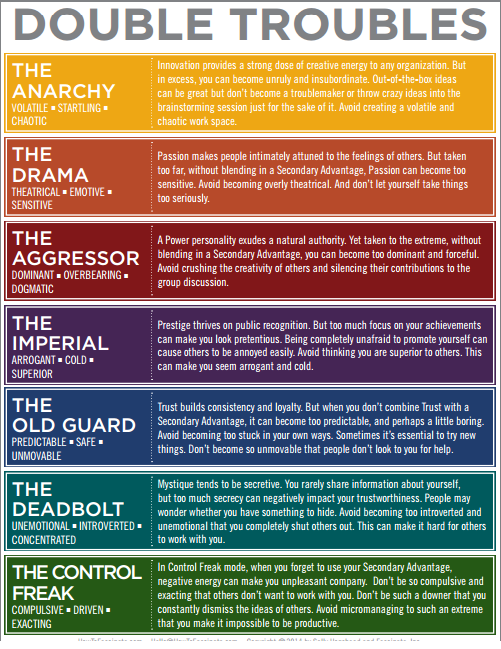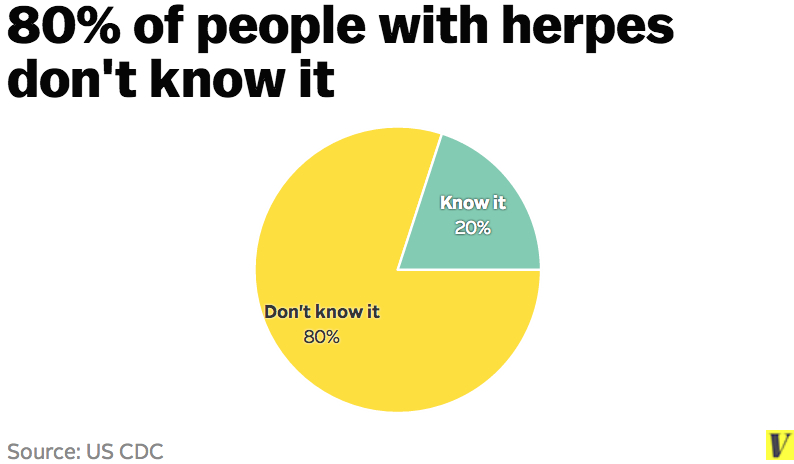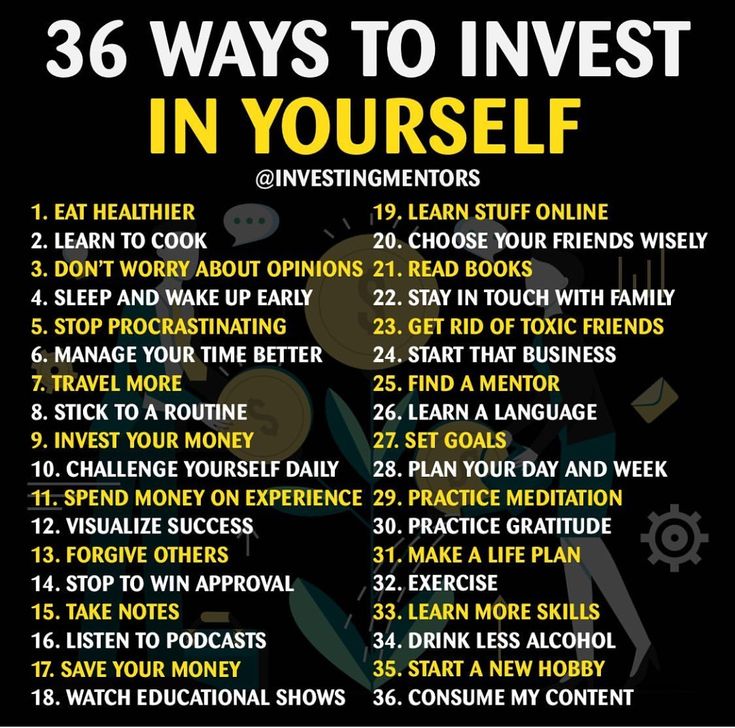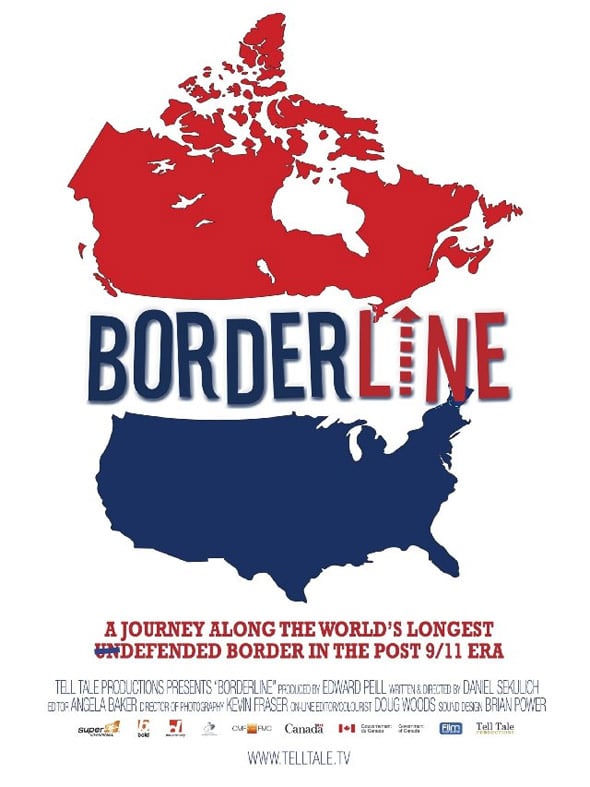How to end a friendship without hurting feelings
3 Ways to End a Friendship Without Hurting Their Feelings
Relationships July 24, 2022 by Jiji UgbomaAre all friendships meant to last forever? I’ve had to confront this question a few times over the course of my adult life. The answer is no.
Polina/Pexels
Some friendships fail because you’re not the same person you were when you first met. And neither are they. Interests, preferences, and even personalities change and evolve. When this happens, you might find you no longer have much in common with your best friend from kindergarten. There is a Nigerian proverb that says 20 children cannot play together for 20 years. People grow apart and, that doesn’t have to be a bad thing.
Some friendships devolve and become co-dependent, one-sided, or unhealthy. These relationships end up bringing you more heartache than joy. I’ve watched friends get hurt as they try to hold on to a toxic friendship with someone they didn’t even like ( so-called frenemies). On a few of these occasions, I’ve asked: “why are you still friends?” and they stutter and struggle to answer. Most of us hold on to friendship because we feel obligated or bound for life to this individual. As an adult, one thing you have to learn is, that you can move on from a friend.
However, ending a friendship doesn’t have to be dramatic or involve hurt feelings. There are ways you can end a friendship without hurting their feelings. If you’re not honest about what you need to do and face it head-on, you could end up with a messy situation like getting into a fight where things said can never be taken back. Instead, approach ending a friendship with intention and kindness so you don’t hurt their feelings. Or yours.
So how do you move on from a toxic, incompatible, unhealthy friendship? I have 3 suggestions for you. I recommend these three methods based on personal experiences and I try to be as real and honest.
1. Have an honest and up-front “break-up” conversationThis is extremely difficult to do and takes a high level of maturity and guts.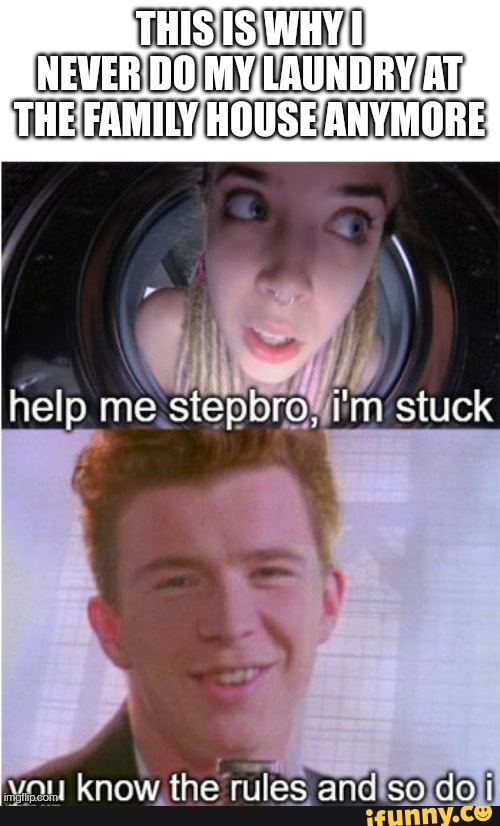 If you’re lucky, the other party is just as mature and self-aware so, they engage with you amicably. In a situation where you want to end a friendship because someone hurt your feelings and you need closure, this is a good approach to use. A few years ago, I had a conversation like this with a childhood friend. I said: “You’ve hurt me beyond recompense. I forgive you but, I can’t continue to be friends with you”. Intense but effective. Besides, I believe that encounter was one of the defining moments for me as an adult. It was a difficult experience that contributed to my growth in the end. Perhaps leaving that toxic friendship is just what you need to reach your next level of self-awareness and self-love!
If you’re lucky, the other party is just as mature and self-aware so, they engage with you amicably. In a situation where you want to end a friendship because someone hurt your feelings and you need closure, this is a good approach to use. A few years ago, I had a conversation like this with a childhood friend. I said: “You’ve hurt me beyond recompense. I forgive you but, I can’t continue to be friends with you”. Intense but effective. Besides, I believe that encounter was one of the defining moments for me as an adult. It was a difficult experience that contributed to my growth in the end. Perhaps leaving that toxic friendship is just what you need to reach your next level of self-awareness and self-love!
You don’t have to say outrightly that you want the friendship to end. But you can drop hints that hopefully, they pick up on your hints. This is particularly helpful in co-dependent or one-sided friendships. Try making yourself less and less available or around.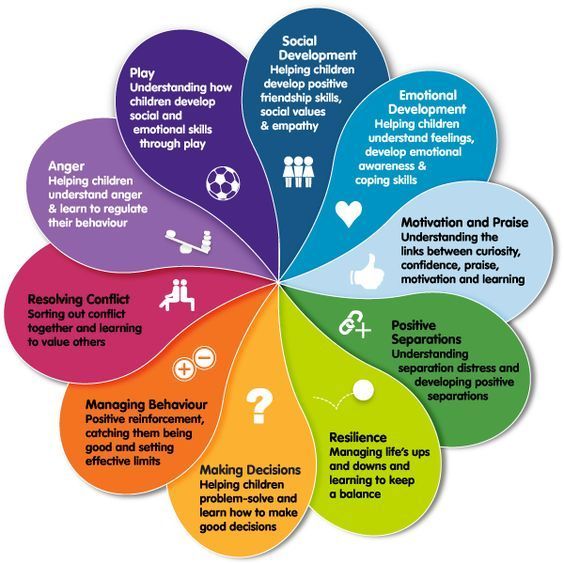 You could say something like “sorry I can’t meet up because I’m going to be busy every weekend for the next 6 months” lol. Hopefully, you’re more tactful in your approach. If you’re lucky, they get the hint. This is also helpful with friends that you generally have fun with but beyond the surface, you know the friendship is toxic and you always feel drained and exploited by their behavior or drama. You have to be consistent with making yourself unavailable. Don’t keep going back to this friend when you’re bored. (That makes you a user and the toxic one). Create physical distance over time, and if this doesn’t work, refer to points one or three.
You could say something like “sorry I can’t meet up because I’m going to be busy every weekend for the next 6 months” lol. Hopefully, you’re more tactful in your approach. If you’re lucky, they get the hint. This is also helpful with friends that you generally have fun with but beyond the surface, you know the friendship is toxic and you always feel drained and exploited by their behavior or drama. You have to be consistent with making yourself unavailable. Don’t keep going back to this friend when you’re bored. (That makes you a user and the toxic one). Create physical distance over time, and if this doesn’t work, refer to points one or three.
I don’t recommend Ghosting people. However, some people are so imposing, dominating, and manipulative that cutting complete communication with them might just be what you need to keep your sanity and maintain boundaries. You can do this for new friends whom you quickly realize aren’t the right fit for you or your values. I’ve considered doing this a few times. Maybe I’ve done it once or twice. Maybe.
I’ve considered doing this a few times. Maybe I’ve done it once or twice. Maybe.
Not sure if you’re in a toxic friendship? Here are some signs you can look out for.
PS: I’m not telling you to be a flake or to abandon your friendships and relationships after one argument. Almost everyone I know has, at some point, had to deal with a toxic or draining friend. I believe learning how to handle this inevitable stage in adulthood is crucial.
For more content like this, sign up for the Quarter-life crisis Newsletter.THE QUARTER-LIFE CRISIS NEWSLETTER
Jiji Ugboma
Editor in Chief
Jiji is a writer, entrepreneur, and digital marketing specialist based in New York. She writes about personal development, self-actualization, mental health, and creativity as they relate to the quarter-life crisis experiences of millennials and gen-z. She has a deep love for quirky podcasts, coffee, and chocolate desserts.
Jiji UgbomaHow To End A Friendship Without Hurting Their Feelings
Starting a friendship is easy, but things get tricky when ending it.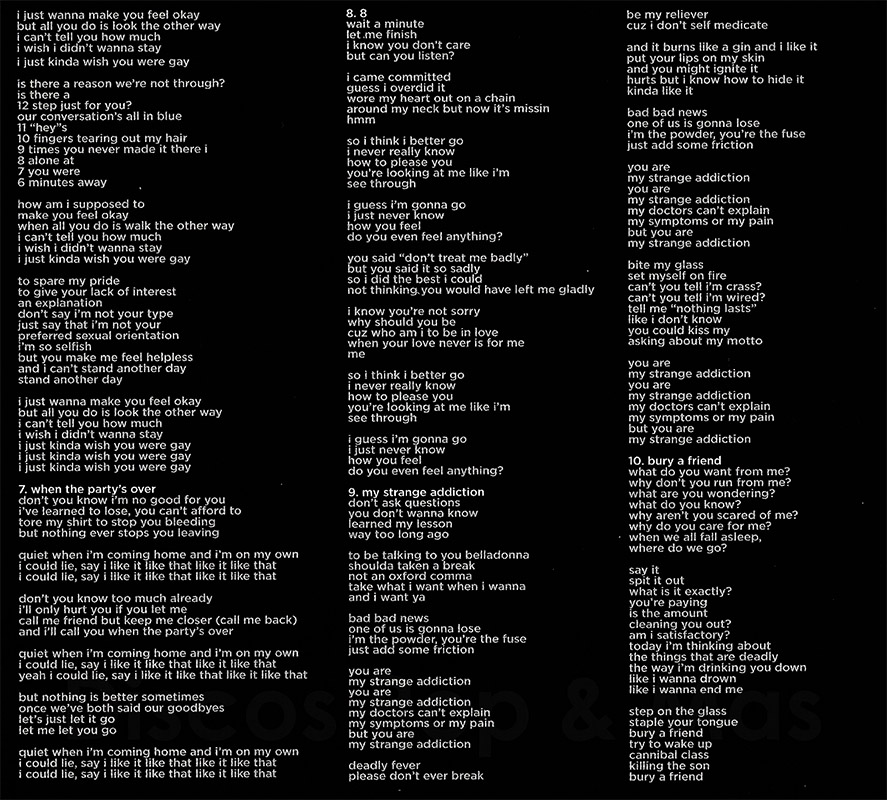 In such a scenario, how to end a friendship becomes a million-dollar question, and knowing the answer can make all the change in the world. Friendship is a beautiful bond that brings two different individuals to a close. However, if a friendship makes you uncomfortable and only brings unpleasant moments, you gradually distance yourself and end it. Sometimes, you may even find yourself stuck in a toxic friendship. But, Don’t worry. Read this article for tips on how to break a friendship respectfully without hurting your soon-to-be ex-friend more than needed. Continue reading.
In such a scenario, how to end a friendship becomes a million-dollar question, and knowing the answer can make all the change in the world. Friendship is a beautiful bond that brings two different individuals to a close. However, if a friendship makes you uncomfortable and only brings unpleasant moments, you gradually distance yourself and end it. Sometimes, you may even find yourself stuck in a toxic friendship. But, Don’t worry. Read this article for tips on how to break a friendship respectfully without hurting your soon-to-be ex-friend more than needed. Continue reading.
In This Article
Reasons For Ending A Friendship
Image: Shutterstock
Our life is marked by encounters: fleeting encounters, superficial friendships, but also sincere and deep friendships, even childhood friendships. These are built on an unconscious pact of mutual aid, support, benevolent listening, sharing of values and are built on shared interests and affinities. If this pact can last over time, it can also be broken because human nature is to evolve, to reinvent itself.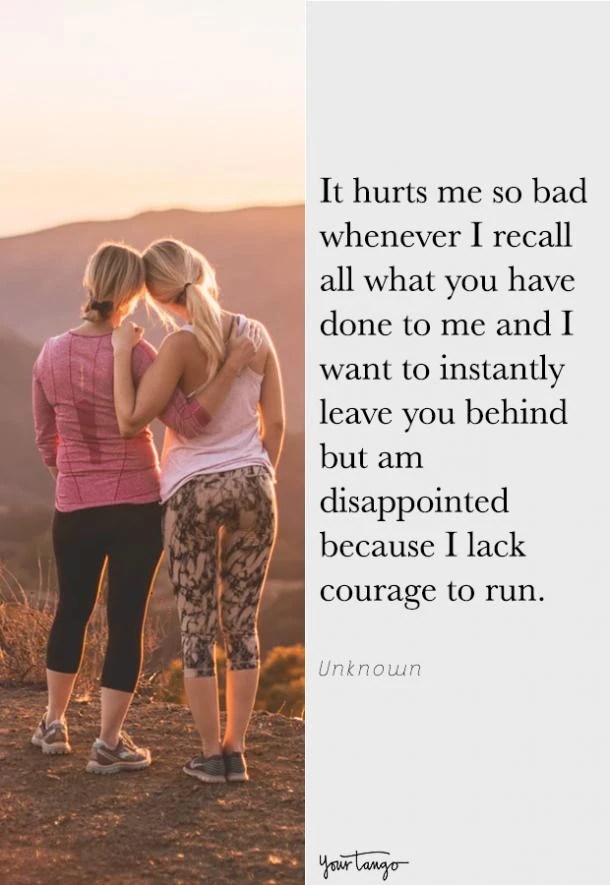 Life brings to everyone certain understandings of the world, and these can come to diverge. If a friend’s company becomes more of a burden than a resource, then the issue of separation may arise. A friendship must, by definition, be a resource, support in our lives. But if it becomes toxic, it is better to let it go. It should be ensured that the differences are profound. A friend may have a difficult time and need our presence all the more.
Life brings to everyone certain understandings of the world, and these can come to diverge. If a friend’s company becomes more of a burden than a resource, then the issue of separation may arise. A friendship must, by definition, be a resource, support in our lives. But if it becomes toxic, it is better to let it go. It should be ensured that the differences are profound. A friend may have a difficult time and need our presence all the more.
Or on the contrary, they might need a little space for a while before coming back better. But suppose this situation has been going on for a while, and it becomes overwhelming. In that case, a decision must be made, and this article will help you know how to end a toxic friendship gracefully and attain mental peace thereafter.
How To Know When To End A Friendship
Image: Shutterstock
Here are five signs to look for when you’re wondering how to end a friendship on good terms:
- Friendship is all about love. A lack of this love can be felt if you do not see the person for a certain period.
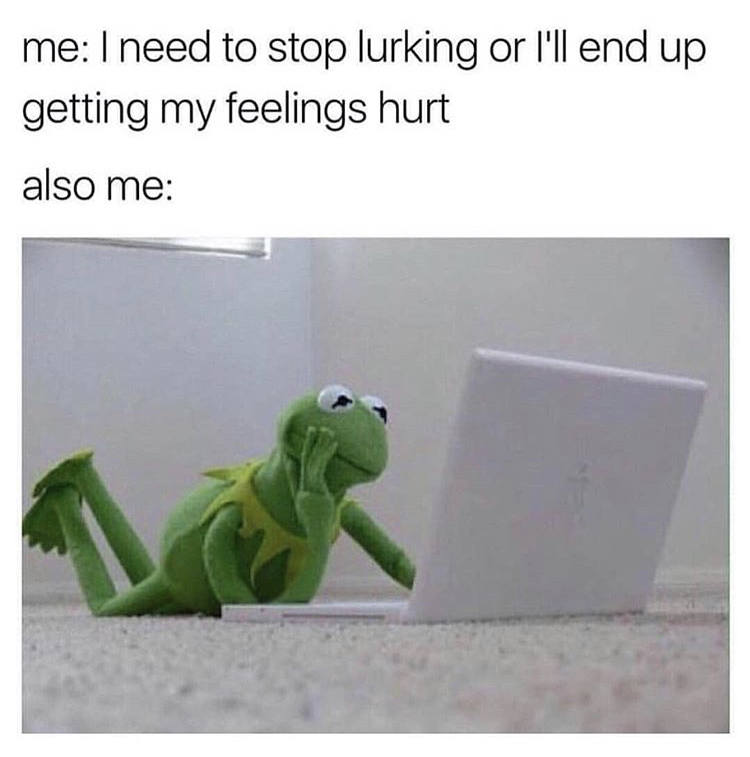 If you haven’t seen your friend in months, but it doesn’t matter to you, it’s high time to ask yourself what your friendship is.
If you haven’t seen your friend in months, but it doesn’t matter to you, it’s high time to ask yourself what your friendship is.
- If you prefer to spend time with other people, the bonds you share with your friend are loosening. This should not make you feel guilty; it is normal, depending on the development of each person, to take different life paths. It’s better than maintaining a dummy link for a whole bunch of (wrong) reasons.
- Do you have the feeling that your friend is laughing at your stories and your life? Conversely, when this friend talks about themselves all the time, does it annoy you? It is because the bond is not as good as it used to be and that it is necessary to either discuss it, find new impetus, or end this relationship which no longer brings anything positive.
- If you often argue with your friend, then you gotta rethink the friendship. While we can bicker over small matters, repeated arguments reveal a deep unease that only a big discussion could bring to light.
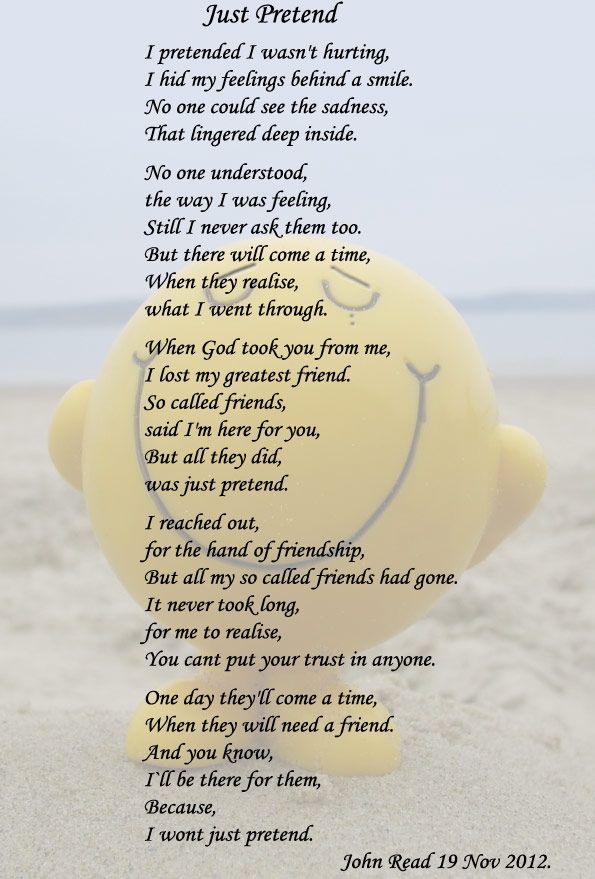
Quick Tip
Honesty is a crucial aspect of any relationship. If your friend constantly lies to you and you can’t trust them anymore, you might want to reevaluate your bond.
How To End A Friendship Without Hurting Feelings
Analyze the situation. Friendships have their ups and downs. As in any relationship, the key remains communication. Even after many efforts, if nothing changes, then gradually distance yourself. Here are some tips on how to slowly end a friendship over a text or letter.
Image: Shutterstock
How To End A Toxic Friendship Over Text
Toxic people have a hard time giving up, and your friend is likely trying to get you to come back to them. To make it clear to this friend that you are serious and do not want them to contact you again, ignore their calls, texts, and emails. Also, remember to block their number. Even if the person has hurt you a lot in the past by being unnecessarily aggressive, the situation would quickly escalate into an argument.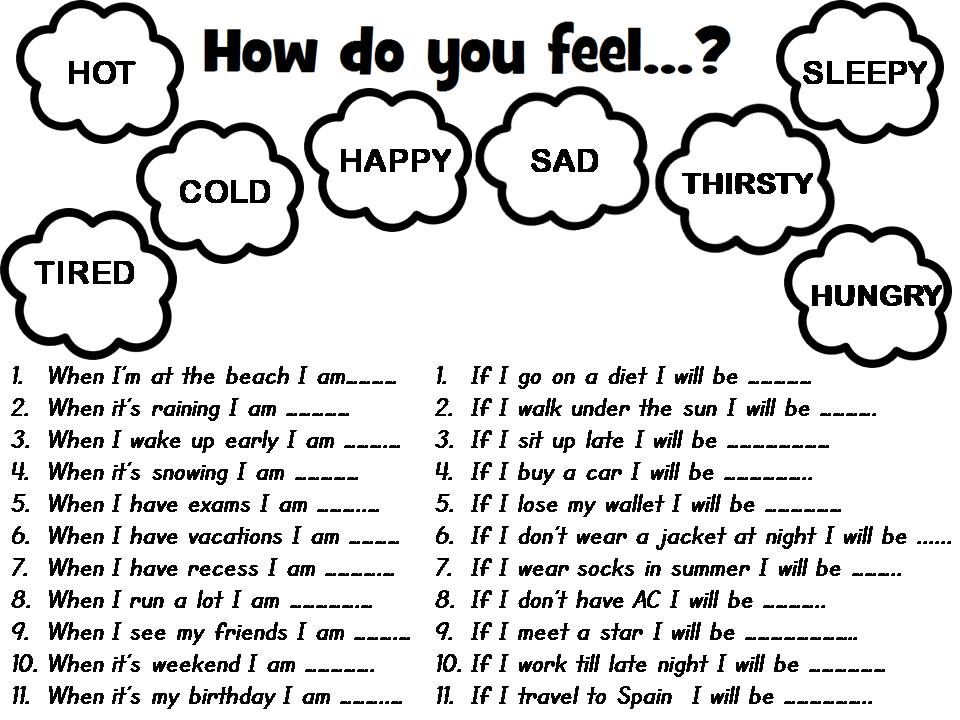 Try to be clear without being insulting.
Try to be clear without being insulting.
Related: Real Friends Vs. Fake Friends: 21 Things To Watch Out For
Express your feelings and expectations as firmly as possible.
Say, for example,
- “I want you to understand that I don’t want to have any contact with you for a while.”
- “I don’t want to see you anymore. Please don’t try to contact me.”
- “I don’t feel like our relationship is helping me. You matter to me, but it’s getting difficult for me to continue our relationship. I think the best would be to go separate ways.”
Image: Shutterstock
How To End A Friendship Over Letter
Image: Shutterstock
Explain to the person that you don’t end your friendship for no reason. Be polite and speak confidently. Your friend should clearly understand the reason for your decision. If you need to end a friendship, do so, but think about the situation anyway. Talk about important events. There may have been times when your friendship was strained, which got you to this point.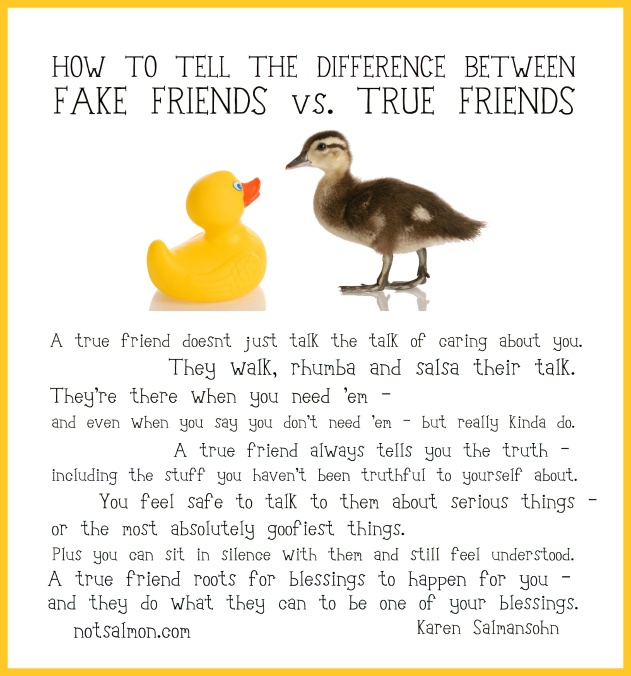 To justify your reasons for leaving, you might want to briefly summarize the events where your friend made you uncomfortable and gave you a reason to end this friendship. This will prove that your points are valid and that you are not just blaming your friend without any evidence to support your point. For example: “There were several times at XYZ’s party that you made fun of me even though I told you to stop.” While remembering events, it can be easy to lose control of your emotions, but be sure to stay focused and keep your letter on the topic. Reread the letter. After you’ve written it, go over it carefully to ensure you haven’t made any mistakes. Make sure you state your points clearly and say all the words you want to your friend. Once you are happy with the letter, seal it in an envelope before sending it or giving it to your friend. Writing a hurtful letter to your friend in a fit of anger or grief may make you regret it later, so it’s best to assess the situation while you’re calm.
To justify your reasons for leaving, you might want to briefly summarize the events where your friend made you uncomfortable and gave you a reason to end this friendship. This will prove that your points are valid and that you are not just blaming your friend without any evidence to support your point. For example: “There were several times at XYZ’s party that you made fun of me even though I told you to stop.” While remembering events, it can be easy to lose control of your emotions, but be sure to stay focused and keep your letter on the topic. Reread the letter. After you’ve written it, go over it carefully to ensure you haven’t made any mistakes. Make sure you state your points clearly and say all the words you want to your friend. Once you are happy with the letter, seal it in an envelope before sending it or giving it to your friend. Writing a hurtful letter to your friend in a fit of anger or grief may make you regret it later, so it’s best to assess the situation while you’re calm.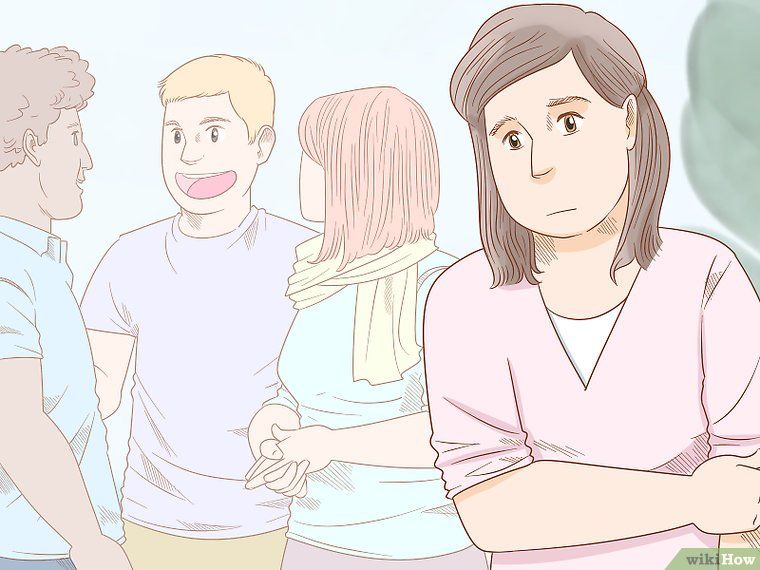
Quick Tip
Writing a letter is best when you want to avoid confrontation. Instead of blaming, make it about your feelings, and maintain a neutral tone.
How To Cope With A Friendship That Is Ending
Try the following steps:
Be the acceptor: When you have known a person intimately for months or years, not having them in your life overnight can be disruptive. First of all, you have to learn acceptance. Accept that the pages have turned, and you may not see that person again for a long time.
Question yourself: There is never more than one “culprit” when a bond breaks. Everyone, in their way, was able to participate in the rupture or the disappointment. Therefore, you must identify what your responsibility is in this disappointment to prevent yourself from reproducing any relational errors in the future. Finally forgive yourself, so that you don’t carry all the guilt on your shoulders.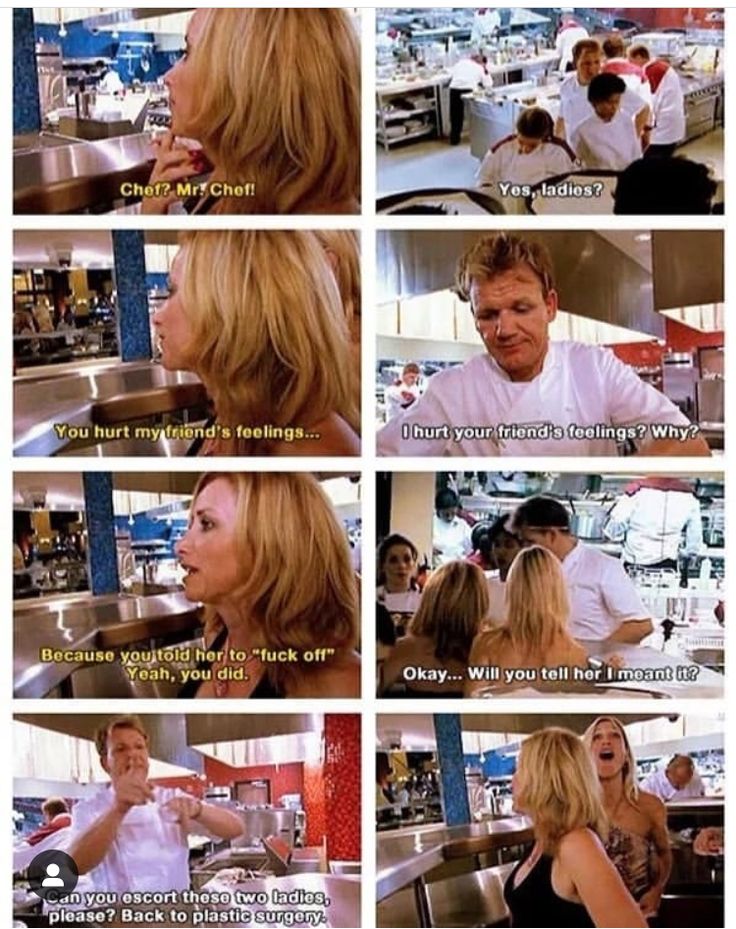
Express what you feel: Nathalie Maggio, LMFT, says, “It can be helpful to understand that ending a friendship, no matter how unhealthy it was, may bring up a lot of mixed feelings. It is common to feel grief when parting ways with a former friend which does not mean it was the wrong decision to end the friendship. Be kind with yourself and any feelings that are coming up. Seek support from loved ones or a professional if needed. It may also be helpful to focus on the lessons you learned from this friendship.”
Heading for change: Life changes, and so do people. Going forward and accepting that the other does the same is part of the remission following a friendly break-up.
Change one’s mind: Nothing like seeing other people who have nothing to do with the friend in question to change your mind and stop ruminating on your disappointment. Spill the sass by going solo!
Related: 10 Signs Your Friend Doesn’t Respect You & How To Deal With It
Apologize. If you’ve made negative contributions to your friendship, it may be wise to acknowledge any significant mistakes. Make it clear that you accept responsibility for these incidents. That way, your friend won’t feel like you’re trying to blame them. You should also add that you regret having come to the point where you are severing ties. It can remind your friend that you care but don’t want to be with them. All these tips and ideas on how to end a bad friendship will help you get over it and support you to end the toxicity.
If you’ve made negative contributions to your friendship, it may be wise to acknowledge any significant mistakes. Make it clear that you accept responsibility for these incidents. That way, your friend won’t feel like you’re trying to blame them. You should also add that you regret having come to the point where you are severing ties. It can remind your friend that you care but don’t want to be with them. All these tips and ideas on how to end a bad friendship will help you get over it and support you to end the toxicity.
Related: One-Sided Friendship: 6 Signs And How To End It
No individual wishes to lose their friend, but at times it becomes inevitable to free yourself from the shackles of a toxic friendship. However, ending your friendship without hurting the other person is a great idea as they have been your friend till now. Instead of throwing words and getting into an argument, cut all communication channels with them or make it clear through a text that you no longer want them to contact you.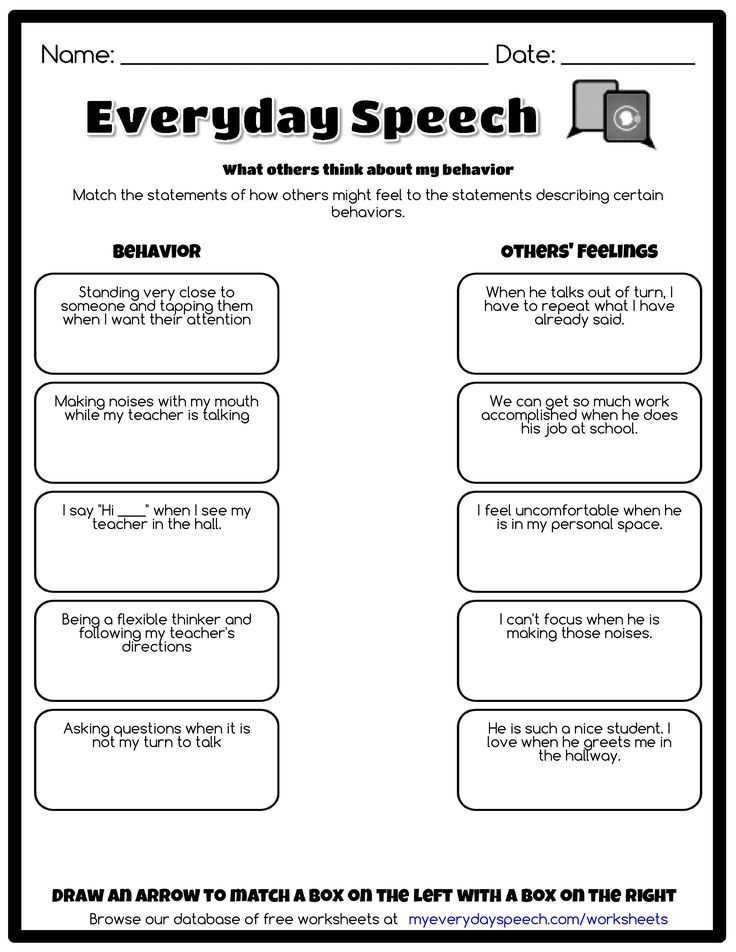 Alternatively, write a letter pouring out your feelings and maintain a convincing tone to explain why you are parting ways with them. This way, your friend will most likely understand your feelings and stay away from you.
Alternatively, write a letter pouring out your feelings and maintain a convincing tone to explain why you are parting ways with them. This way, your friend will most likely understand your feelings and stay away from you.
Frequently Asked Questions
What is a toxic friend like?
Toxic friends always look for faults in you and make you feel bad. They demand attention, try to take control of you, and also make you feel guilty.
What are the red flags in a friendship?
If you feel drained when you are with your friends, your friends constantly devalue/ignore your problems, or they don’t respect your boundaries, you can consider these as red flags in your friendship.
How do you know if a friend is playing you?
You can know if a friend is playing you if they only talk to you when they are in need, make endless comparisons, or constantly put you down.
Are friendships one-sided?
Yes, some of them. Some unhealthy friendships may turn one-sided.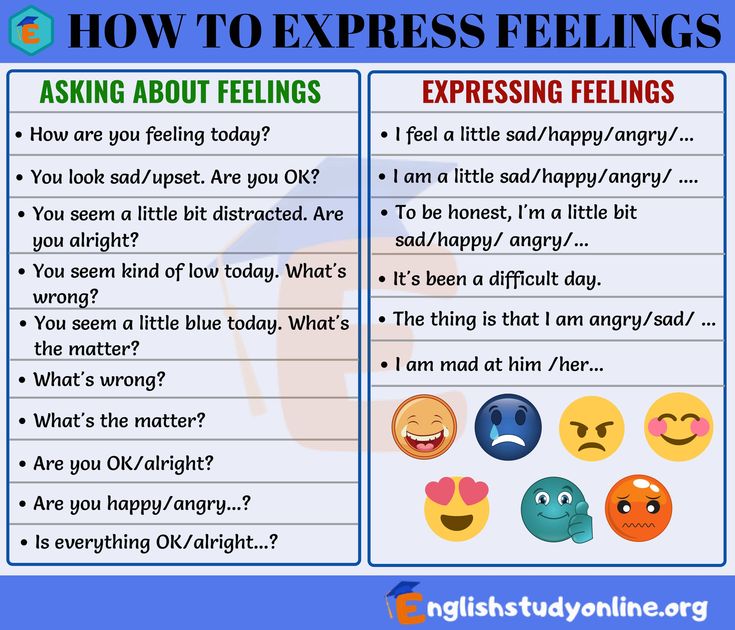 Here, the conversation between you guys only revolves around them. They make you feel guilty or drain your energy.
Here, the conversation between you guys only revolves around them. They make you feel guilty or drain your energy.
How do you know if someone doesn’t want to be your friend?
You can know if someone doesn’t want to be your friend if they don’t respond to your messages, do not seem interested in your personal life, or regularly cancel plans with you.
Key Takeaways
- Ending a toxic friendship is quite tricky, but ending it could be a wise decision if you feel stuck and want to make room for healthier bonds.
- Analyze the situation and distance yourself. You can end it over a text, letter, or call, but do not insult the other party.
- Try to acknowledge your mistakes and do not blame your friend. Be accountable if you have made negative contributions to your friendship.
The following two tabs change content below.
- Reviewer
- Author
11 tips for coping with the loss of a close friend
Ending a friendship with a loved one is often painful, but sometimes just necessary. The most important thing is not to lose faith in yourself and keep moving forward to be ready to find a more reliable friend.
The most important thing is not to lose faith in yourself and keep moving forward to be ready to find a more reliable friend.
Tags:
Psychology
Relationship
Relationship psychology
Toxic relationship
Freepik
Sometimes it may seem that nothing in the world can ruin a relationship with your best friend until he himself becomes the reason for the breakup. The following tips will help you analyze your friendship and come to terms with the fact that it may end.
Contents of the article
Why friendships fail
Many of us have experienced the loss of a close friend—not a pleasant experience to say the least. Each person will have their own story of how they stopped communicating with their comrade, but the main reasons can still be identified, and each story will fall under one of them.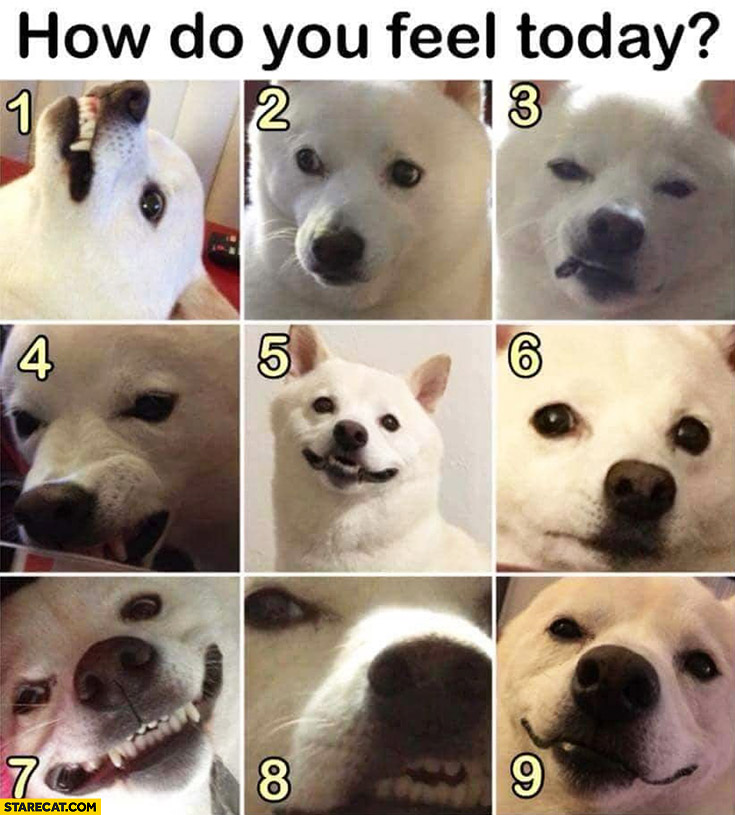
- Failure to provide expected support.
- Breach of trust, betrayal.
- Attraction to a friend's partner.
- Conflict with a friend's partner.
- Abusive behavior.
How to get over a breakup with a friend
If the breakup has already happened and you can't get back to the old relationship, the most important thing you should do is keep yourself from despair and depression. If you are the initiator of the break, then you had good reasons for this, and you should not reproach yourself for making this decision. After all, if your former friend got the situation to the point that you could no longer keep in touch, all the blame lies with him. You should not blame yourself for making this decision, even if it seems that you are to blame for everything. Try to pull yourself together and not think about what happened until you are sure that you can soberly assess the break in friendship that you caused.
ADVERTISING - CONTINUED BELOW
If it was not you who ended the friendship, analyze what could have prompted your close friend to do so. Not always the reason will be only in you, but if you hurt a former friend, it is never too late to ask for forgiveness. In both cases, the most important thing is to maintain a sober mind and not succumb to feelings of guilt or resentment so much as to lose the ability to think sensibly.
Not always the reason will be only in you, but if you hurt a former friend, it is never too late to ask for forgiveness. In both cases, the most important thing is to maintain a sober mind and not succumb to feelings of guilt or resentment so much as to lose the ability to think sensibly.
To analyze the breakup more deeply and draw the right conclusions, do a little introspection following the algorithm below.
1. Answer the question - is it worth keeping friendship?
If you are not sure whether you want to leave your friend, take the time to think it over carefully. Perhaps if you let yourself cool down, you can forgive your friend inside of you. If your friend needs support, you should not refuse him. However, if he demands constant sympathy from you, and you begin to notice that you have become a personal therapist for him, you should break off such a relationship, at least for a while.
You are the only one who can decide whether to move on or stay in the friendship.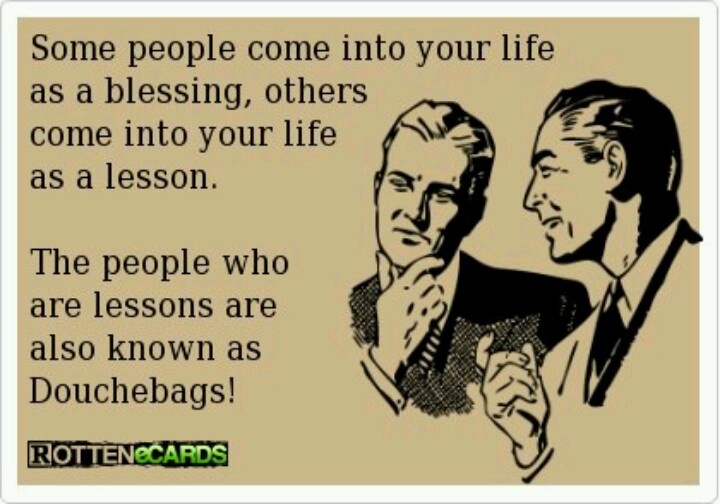 Here are some questions to help you think clearly:
Here are some questions to help you think clearly:
- Was there a betrayal? If yes, has my friend made any attempt to fix it?
- Have you taken steps to talk about your feelings with your friend?
- Is your friend toxic? Did he take any steps to become a more pleasant person?
- Do I feel that my friend is judging or humiliating me?
- Can we overcome this disagreement, or will it only cause more harm in the long run?
2. Take care of your mental health
If you do decide to end the friendship, it is important to properly handle the breakup of a once close relationship. First of all, you need to remember that it is normal to leave someone who harms you mentally and emotionally.
When you start to grow and improve yourself, people around you may perceive it differently. Some (even friends) may begin to discount your accomplishments. In this case, the breakup of friendship is very likely, especially if your friend did not want to develop with you.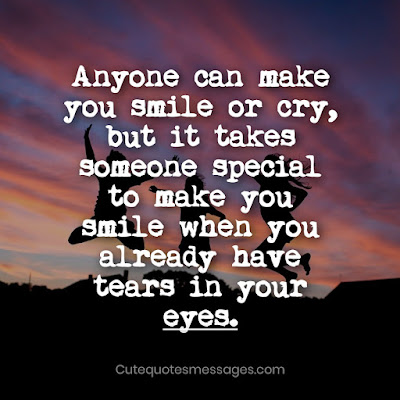 If this is the case, don't blame yourself for wanting to end the friendship, most likely you are doing everything right.
If this is the case, don't blame yourself for wanting to end the friendship, most likely you are doing everything right.
Breaking up a friendship can be painful. If you've been in a toxic relationship, you'll need time to rebuild your self-esteem. If you find it difficult to cope, seek professional help.
If possible, talk to a friend about your grievances. There is always the possibility that you only think that a breakup is inevitable, when in fact your friend is ready to discuss the situation and ask for forgiveness. Sometimes it happens that a friend does not notice that he is hurting you with some of his actions. Then all the more it is not worth ending the friendship, but you should talk.
In the event that you understand that the end of the friendship is indeed inevitable, it is good practice to explain to the person why you are taking this step. This is worth doing regardless of whether he understands you or not, the main thing is that you expressed all your claims to the person in person and owe him nothing more. Who knows, maybe a break in relations with you will have a positive effect on your former friend, and in the future he will not behave with other people the way he did with you.
Who knows, maybe a break in relations with you will have a positive effect on your former friend, and in the future he will not behave with other people the way he did with you.
3. Try to forgive a friend
Scientific research has shown that forgiveness has a positive effect on mental and physical health. Therefore, it is not worth once again taking on the burden of resentment.
At the same time, remember that if you found the strength in yourself to forgive your former friend, then on your part this NOT is:
- Weakness;
- Demonstration of trust;
- By allowing another person to get away from the offense;
- Restoration of relations;
- Denial of justice.
You forgive a person primarily for the sake of yourself and your peace of mind, and not for his sake. If you have difficulty with forgiveness, you can contact a psychologist.
4. Let Go of Guilt
You must take responsibility for your decision to cut ties with someone you once loved, but don't let the guilt get the better of you. If in the future it turns out that you made a mistake by ending the friendship, then you can worry. But if you are confident in your desire to take this step right now, go ahead and don't beat yourself up for trying to do the right thing.
If in the future it turns out that you made a mistake by ending the friendship, then you can worry. But if you are confident in your desire to take this step right now, go ahead and don't beat yourself up for trying to do the right thing.
5. Keep your distance
After parting with a friend, it is very important to reduce his presence in your life. Sometimes blocking on social networks helps. In addition, try to go less to the places your ex-friend goes to so that he does not annoy you.
6. Give yourself time to stop feeling rejected
After a friendship breaks off, there is often a period in which you feel alone. Do not give in to this feeling - it will certainly lead you to the idea that you are to blame for the collapse of friendship and force you to return everything as it was. In order not to feel rejected, distract yourself with some business, but rather with new acquaintances and friends.
7. Don't doubt your decision
If you broke up with a friend, then you had a good reason.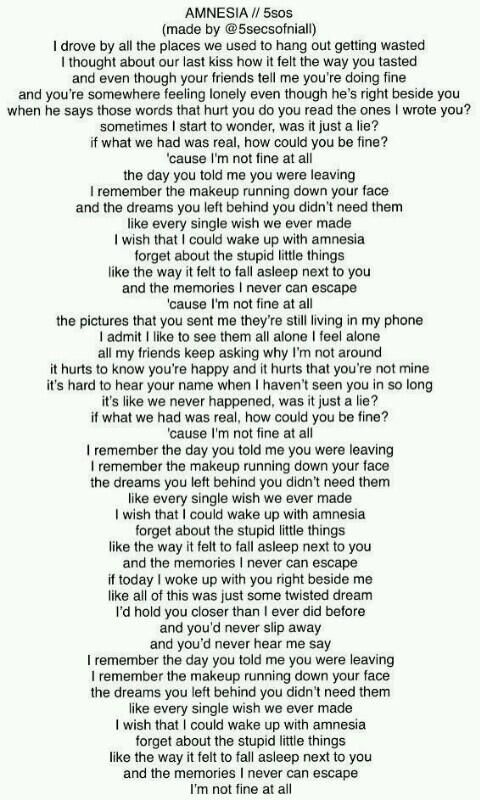 The dumbest thing to do after that is to give in to doubt and try to get back what you yourself forever abandoned. This will put you in a stupid position, and even make your ex-friend think that you are either mocking him, or that he can continue to do you the harm that caused you to decide to end the friendship.
The dumbest thing to do after that is to give in to doubt and try to get back what you yourself forever abandoned. This will put you in a stupid position, and even make your ex-friend think that you are either mocking him, or that he can continue to do you the harm that caused you to decide to end the friendship.
8. Don't let this situation haunt you
After breaking off the relationship, let go of all the feelings. Sometimes people, having stopped communicating with a former friend, continue to surreptitiously watch him, waiting for him to realize who he has lost. This emotional burden weighs heavily and prevents people from moving on. Ironically, you don't have to do anything special to let go, you just have to allow yourself to let go of negative feelings and keep moving forward.
9. Learn to trust people again
It may happen that a negative friendship experience affects your ability to trust new friends. If you feel that after breaking up with a close friend, you can no longer get close to others, go back to the fourth point (learn to leave resentments in the past and move on), and also learn to trust yourself, try not to get close to toxic people and make new friends - we wrote about how to do this in this material.
10. Invest in positive relationships
It is very important to look for new friends and try to build strong bonds with them. Try not to repeat your past mistakes, because of which you quarreled with your former friend. Take steps towards new people, but remember to protect your personal boundaries. A positive communication experience is the best way to quickly heal emotional wounds after a breakup with a close friend.
11. Form new habits
When you find new friends, try to spend your leisure time with them in a new way. This will give you a new experience of being in a friendly relationship, new impressions and communication skills. With new communication habits, new attitudes will come, which will help you develop and achieve success in life. If you do everything right, then a year after the end of communication with a former friend, you will not even remember how painful it was to break off your friendship.
When no longer on the way: how to end a friendship
14 minutes Anelya Balagozinova
- Link copied
SHARE
Despite the fact that much attention is paid to love in society, friendship remains an important and multifactorial phenomenon. Man is a social being who needs to communicate with other people. According to recent studies, the need for communication is so great that young children can even die from loneliness.
Man is a social being who needs to communicate with other people. According to recent studies, the need for communication is so great that young children can even die from loneliness.
For adults, interaction with others is just as important. During communication, we form a vision of ourselves and a vision of others. However, communication does not always bring positive emotions: sometimes the person with whom you were close becomes completely alien and communication becomes a burden.
What does friendship consist of?
General interests
Researchers believe that the process of developing friendship is more complicated than it seems at first glance. Plato wrote: "Resemblance breeds friendship." Moreover, friendships have a great influence on our worldview. The theory of social epidemiology states that patterns of behavior are transmitted in communities of people.
For example, if your friends like to eat fast food, then you will be more loyal to this habit.
And if your friends are adherents of a healthy lifestyle, then you will gradually get used to healthy food and sports.
This type of relationship is born on the basis of a similar view of the world, tastes and interests.
Mutual altruism
The emergence of friendship is partly influenced by the desire for gain, the so-called mutual altruism, in which people in close relationships help each other. Reciprocity and fairness play a big role in friendship, but social psychologists have found that people do not keep track of the services rendered to a friend and do not expect help in return. Scientists have observed similar behavior in dolphins and some unrelated macaque species.
Valeria, 21 years old
“For me, friendship is mutual help and mutual assistance. I believe that it is valuable in any manifestation: it is easier to live when you know that support is nearby. I can’t say that I am ready to devote myself completely to my friends, but if possible I will do everything for them that is required of me.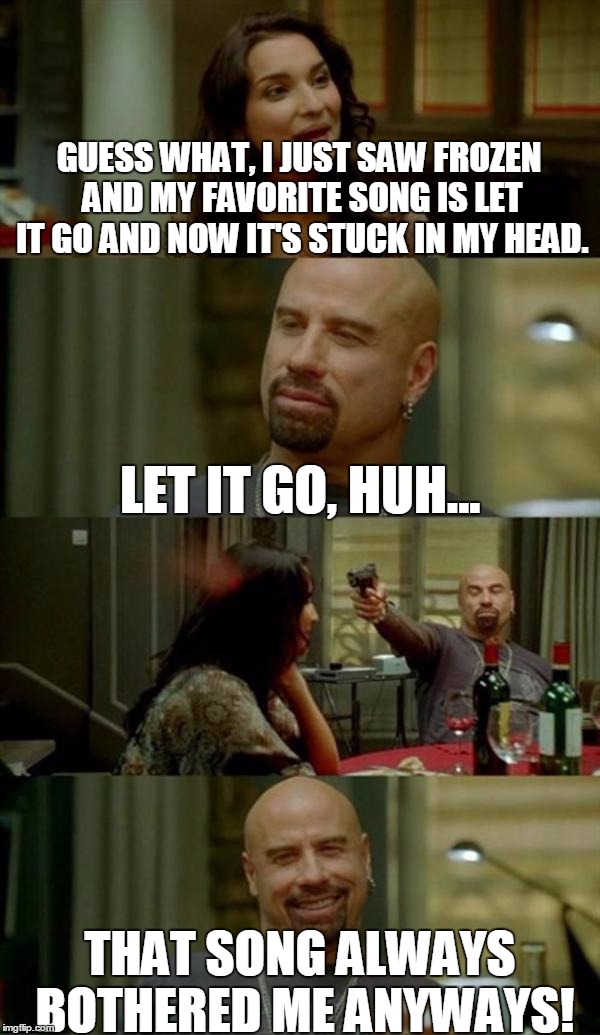
Trust
During communication with people who are pleasant to us, the "hormone of trust" - oxytocin - is released in the brain. This social neurotransmitter gives us a feeling of support and unity.
There have been numerous surveys about what qualities people value in friends. When asked what a friend is, children most often answer “who can I play with”. With age, the criteria for friendship in people change and begin to include loyalty and trust.
According to studies conducted in the 1980s, there are differences in the approach to friendship between people of different sexes: girls more often value fidelity and trust in relationships than boys.
According to the results of the 2013 polls in the USA, 81% of people noted that the loyalty of a friend is important to them, 80% - that it is important that he be a good person, and 64% - that they want to have fun with friends.
Some scientists are even inclined to believe that there is a "chemistry of friendship".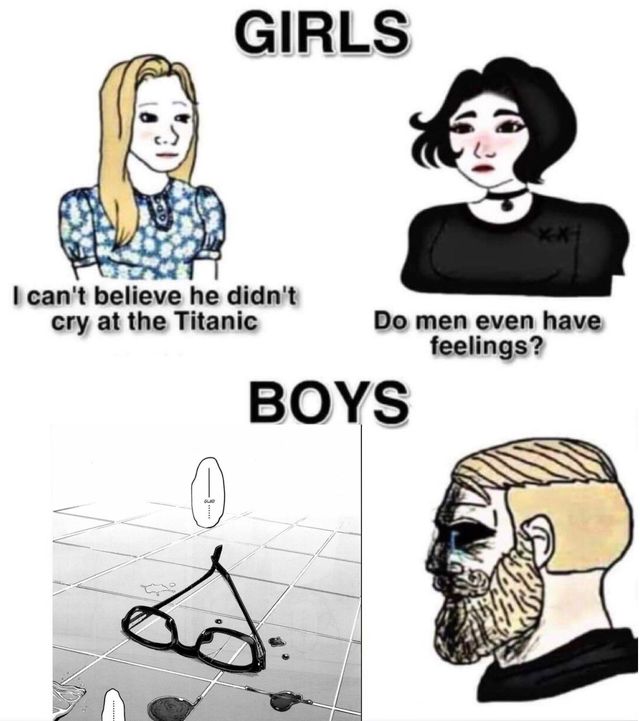 The reason for this is that people make the decision to continue a romantic or friendship relationship the moment they first meet. People with comparable demographics, intelligence, personality traits, attitudes, beliefs, and hobbies are more likely to form friendships with each other than people who are dissimilar in at least one or more combinations of these dimensions.
The reason for this is that people make the decision to continue a romantic or friendship relationship the moment they first meet. People with comparable demographics, intelligence, personality traits, attitudes, beliefs, and hobbies are more likely to form friendships with each other than people who are dissimilar in at least one or more combinations of these dimensions.
Why does the desire to make friends disappear?
There is an opinion that school friendships are the strongest.
Arai, 22
“I have many friends, most of whom I made during my school years. In my opinion, this is the purest relationship, not yet complicated by life's troubles and difficulties. I attach great importance to this type of relationship, I love and respect my friends very much. I continue to communicate with my childhood friends, with whom we were separated by kilometers. It's nice to know that our relationship is not fading."
However, there are reasons to believe that this is a misconception. According to a US study, almost all college students in the US (97%) believe they make a new "closest" friend within the first month of college, but most of these friendships end very quickly - within a year. According to the same study, teens experiencing a potential breakup with old friends report emotional distress, decreased social satisfaction, loneliness, and failure to adapt to a new place.
According to a US study, almost all college students in the US (97%) believe they make a new "closest" friend within the first month of college, but most of these friendships end very quickly - within a year. According to the same study, teens experiencing a potential breakup with old friends report emotional distress, decreased social satisfaction, loneliness, and failure to adapt to a new place.
According to surveys conducted among US college students, it was found that half of those surveyed lose contact with school friends, and this happens for various reasons.
They also found out that the opportunity to meet and chat with a heart-to-heart friend does not always help to maintain a relationship. This conclusion may reflect the fact that when people change social groups, there may be an internal conflict between the past and the present, and this may also be the cause of tension in communication.
Why is friendship dying?
Friendship doesn't necessarily end on a bad note - sometimes relationships just outlive themselves when common interests end and the person you used to communicate with joy no longer evokes warm feelings.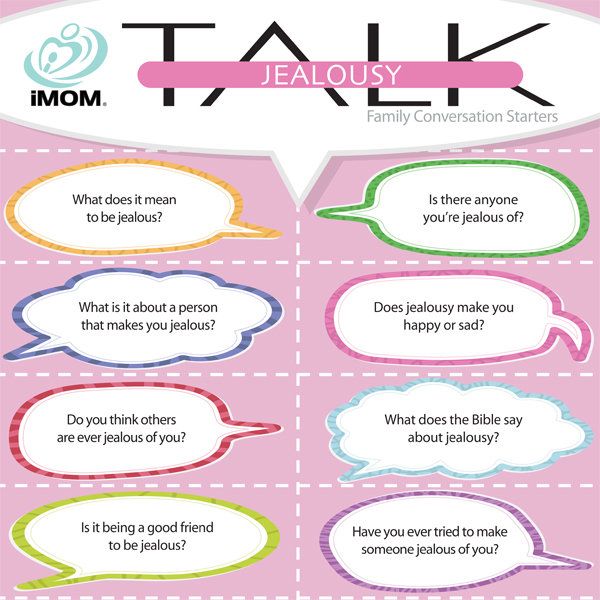
“With age, the social circle, of course, begins to shrink: this is affected by moving and distance, lack of free time, as well as personal changes. Of course, some relationships had to end, some faded away on their own. In the second case, I understand and accept the choice of my friends: we just become different over time and this is not our fault. I can’t communicate with people who are hypocrites - I immediately draw conclusions and try to stay away from them.0180, says Arai.
It is important to determine the reasons for the end of the friendship for yourself, as well as to deal with your feelings in relation to this event. For example, friendships often end when there is distance, whether it's because of a move or a change of interests.
The term "toxic relationship" first appeared in 1995 in a book by psychologist Lillian Glass. She gave this definition: any relationship in which people do not support each other, in which there is conflict and competition, but no respect.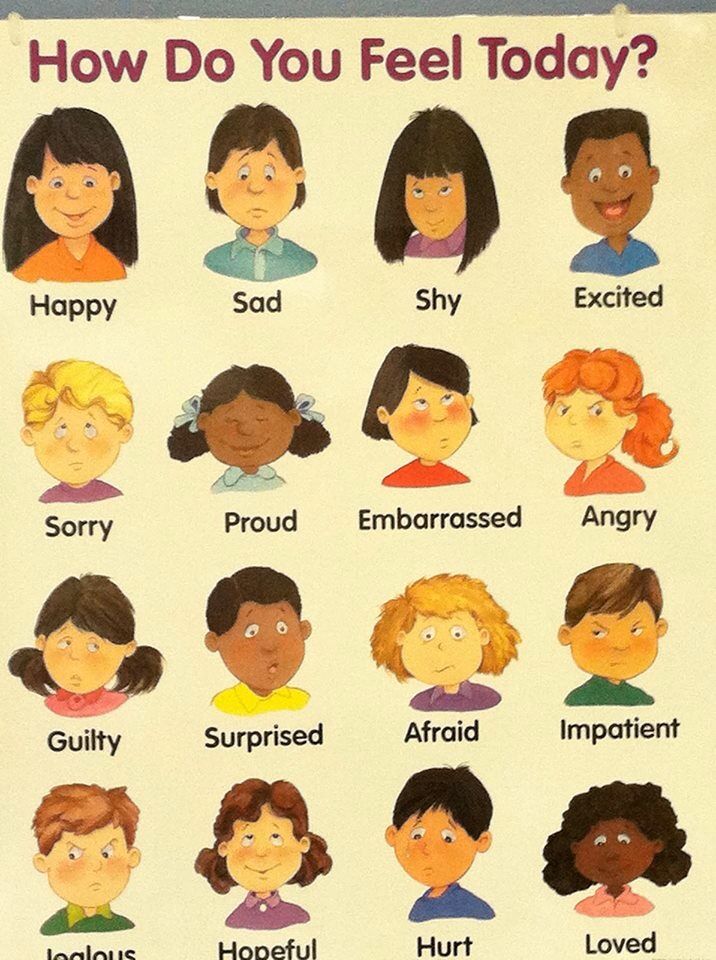
Communication with an abuser is fraught with problems with self-esteem and self-perception. You can understand that you are in a toxic environment by how you feel after talking with these people: if you do not have the strength, mood after meeting a friend, then you should think about it.
Some doctors claim that such relationships bring not only psychological and emotional, but also physical harm.
If a friend is physically or psychologically abusing you, you should contact a specialist.
How to end a friendship?
In fact, there are no instructions for ending a relationship. You need to focus on the character of your friend. Someone will not understand you if you avoid him, someone will not be able to face the truth, and someone will respect your desire to stop communicating.
“I think it’s better to explain to a person why you decided to break up - he will be able to ask questions, understand the reasons for this, and not leave them unspoken,” says Valeria.

There are several strategies for ending a relationship with a friend:
- Reduce the amount of communication. This can also be a good option for ending a toxic relationship so conflicts can be avoided. But a friend may not understand your intention and continue communication at the same pace - so this strategy may be delayed.
- Talk to a friend. This choice can have two outcomes: the relationship will either end, or after a frank conversation, you will find ways to solve the problem. It is important not to try to have a conversation in a hurry or through instant messengers. To communicate effectively, determine for yourself the purpose of this conversation. In such conversations, it is worth using the "I-concept", in which you talk about how you feel, and not about what the other person is doing. Example: not "your words annoy me", but "I feel unpleasant when you say this." In the end, you may agree that you need to take a break to sort out yourself and your relationship.
